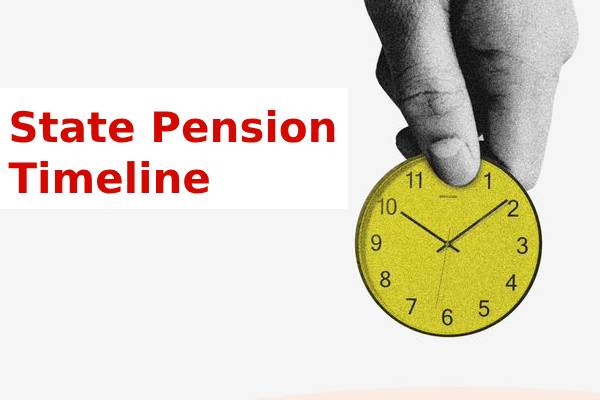Women seek pension compensation vote in Parliament

A group representing women affected by pension changes (Waspi) wants Parliament to vote on giving them money.
- Thousands of people signed a letter asking Parliament to debate the issue.
- An official group that investigates complaints (Ombudsman) said the government gave out bad information about the pension changes.
- Waspi wants Parliament to decide how much money the women should get.
- Some politicians agree the women deserve compensation.
- The government isn't sure how much money to give or if it's the right thing to do.
How This Might Affect Woman
For a woman directly affected by these state pension changes, the situation could have significant repercussions on her financial stability and planning for retirement.
Imagine she had been anticipating her pension to start at a certain age, only to find out much later that the goalpost had shifted, without clear communication from the authorities.
This delay in receiving her pension might mean having to work longer than expected, possibly facing financial strain or delaying retirement plans. The prospect of compensation offers a glimmer of hope, yet the uncertainty and complexity surrounding the issue add to the stress. If she's among those deemed eligible for compensation, this could provide some financial relief and recognition of the oversight's impact on her life.
However, the extent of the remedy and its timeline remain uncertain, leaving her in a state of limbo regarding her financial future and retirement plans.
The letter to Parliament
A letter asking for Members of Parliament (MPs) to vote on giving money to women who lost out due to changes in the state pension has been sent to Penny Mordaunt, the Leader of the House of Commons.
This letter was signed by 28,000 people, as reported by the Women Against State Pension Inequality (Waspi) group, who collected these signatures on the website change.org.
Recently, the Parliamentary and Health Service Ombudsman (PHSO) decided it was important for Parliament to get involved with complaints about how the changes to the state pension were explained to people.
The Waspi group's letter demands a quick discussion and vote in the Commons on how to compensate those affected.
The complaints investigated by the ombudsman were about the Department for Work and Pensions (DWP) not giving clear and timely information since 1995 about changes to the state pension.
Laws passed in 1995 and after changed the age women born after April 6, 1950, could start receiving their state pension.
The ombudsman has asked Parliament to find a way to fairly compensate those who were wronged.
The report from last week said this approach would be the fastest way to make things right for those harmed by the DWP's mistakes.
Angela Madden, the leader of Waspi, said that now the ombudsman has pointed out these errors, it's Parliament's job to decide on compensation. But this can only happen if the government allows time for discussions and voting.
Peter Aldous, a Conservative MP and leader of a group focusing on the pension inequality for women, mentioned that these women have contributed a lot throughout their lives and deserve to be compensated quickly.
Wendy Chamberlain from the Liberal Democrats emphasized the need to act on the ombudsman's report.
Chancellor Jeremy Hunt, in a recent interview, said he isn't ignoring the issue but it's more complex than other cases where compensation has been given.
The ombudsman's recent report suggested that giving each affected woman between £1,000 and £2,950 might be fair. However, paying all women born in the 1950s this amount could cost between £3.5 billion and £10.5 billion, though not every woman may have been impacted.



